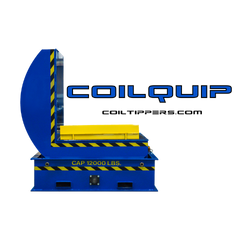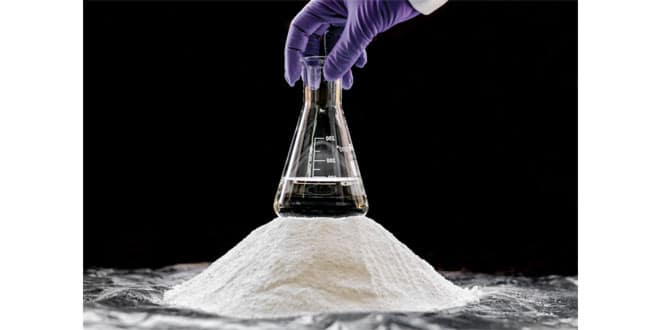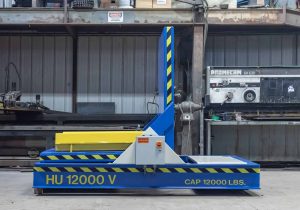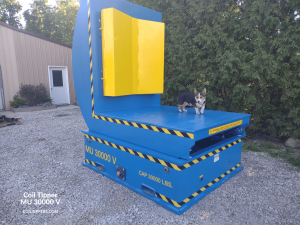Over 400 million tonnes of plastic are produced every year, but less than 10% are recycled, with the majority entering incineration centers or landfills around the world. Addressing this pressing crisis, deep tech company DePoly is announcing a CHF12.3m seed funding round today to scale the solution the global consumer packaging and textile world has been longing for decades—its universal chemical recycling process converting plastics into raw materials without affecting their quality.
The oversubscribed funding round was co-led by BASF Venture Capital and Wingman Ventures, with the participation of Beiersdorf, Infinity Recycling, CIECH Ventures, Angel Invest, and others.
Plastics like polyethylene terephthalate (PET) can be found in many of our daily items, such as clothing, packaging, and outdoor equipment. Unfortunately, the high costs and difficulty required for sorting, separating, and cleaning these complex plastic streams, coupled with a lack of globally scaled solutions mean that only so-called perfect (clean, simple composition without other materials mixed) plastics get recycled. DePoly aims to tackle the entire waste plastic problem with its chemical recycling technology. Currently, it converts all PET plastics and polyester textiles—originally sourced from fossil fuels—back into their main raw chemical components. Those components are then sold back to the industry to make new virgin-quality plastic items, creating a truly sustainable circular plastic economy.
The globally unique chemical recycling technology developed by DePoly operates at room temperature and standard pressure and does not require any pre-washing, pre-sorting, pre-melting, or separating out other plastics or materials, unlike most of the technologies out there. Ultimately, it can uniquely deal with PET and polyester streams typically turned down by the conventional recycling system, such as those containing mixed plastics, mixed colors, dirty plastic waste streams, as well as fabrics and fibers. The technology is energy efficient, can be implemented quickly, and is easy to tailor to a customer’s specific needs.
Samantha Anderson, CEO and co-founder of DePoly, said, “Plastics are a part of our lives and an existential dilemma facing us all. The plastic market isn’t slowing down, as it’s currently growing at a yearly rate of 5% CAGR and is estimated to be worth over $500B. We believe that to tackle this problem effectively, a simple, scalable solution is required that can treat difficult plastic streams. By recycling pre- / post-consumer and post-industrial plastics that otherwise would be sent to incineration centers or be landfilled, we at DePoly aim to eliminate plastic waste and create a sustainable source of chemicals by diverting this waste from our environment and lowering our carbon footprint up to 65% at the same time. The raw materials produced match that of their fossil-fuel-based equivalents, meaning customers no longer have to choose between PET quality and its sustainability.”
“Plastic pollution is a public health crisis and demands urgent action. Plastic waste has infiltrated every corner of our planet, poisoning our food chain and imperilling wildlife. DePoly is paving the way for a truly sustainable plastic economy. We are extremely proud to support DePoly since day one on their journey to tackle this planetary crisis to clean our oceans and landfills from plastic waste and to welcome leading investors from the chemicals, recycling, climate- and deep tech space on board to build the global leader for the sustainable plastics recycling,” added Antonia Albert, Principal at Wingman Ventures.
DePoly has built and operates a pilot plant that processes a capacity of 50 tonnes per year of these complex PET or polyester plastic streams, showcasing the scope and flexibility of how the technology works for various industries ranging from post-consumer packaging to textiles, fashion, and post-industrial streams. Currently, the company is working on building a new showcase plant with a capacity of 500 tonnes per year to demonstrate the technology at a commercial scale.
Markus Solibieda, Managing Director at BASF Venture Capital, commented, “To truly implement the circular plastics economy, we must transform our business practices, and that requires collaborative efforts from various stakeholders. DePoly’s technology offers a promising solution to address the global plastic waste challenge and concurrently support the reduction of greenhouse gas emissions related to the production of virgin plastics. We are excited to support their mission to create a more sustainable future.”
“We strongly believe in the potential of the DePoly technology as it bridges a crucial gap in circular PET usage by preserving desired quality standards effectively. We are looking forward to supporting DePoly and the development of this new recycling solution for us and the cosmetics industry,” said Michael Becker, Vice President Global Packaging R&D at Beiersdorf.
DePoly was launched in 2020, in Sion, by three co-founders–Samantha Anderson (CEO), Bardiya Valizadeh (CTO), and Christopher Ireland (CSO). Driven by their collective expertise supported by PhDs diplomas in chemistry and engineering, they developed this unique chemical recycling process to address the pressing issue of plastic pollution, launching their pilot plant for PET plastics the same year. Today, the team counts 13 people with substantial industry experience, ready to scale DePoly’s technology and make the company a leader of a global plastic recycling revolution by pushing the boundaries of innovation–establishing new plants around the world while expanding the portfolio of plastics.
Jan Willem Muller, Managing Partner at Infinity Recycling, commented, “We believe that DePoly has the team and the drive to bring their groundbreaking innovation for polyester recycling to market. Together with DePoly’s partners, we are supporting a significant step forward in our joint mission to tackle the global plastic and clothing waste crisis, transforming the future of recycling.”
DePoly is leading the charge in a mission to combat the plastic crisis with unwavering determination, currently scaling up its technology to reduce plastic waste by an additional 500 tonnes annually.
Driven by an unyielding passion for making Earth a cleaner place for future generations, the company aims to redefine the global lifecycle of plastics by establishing a network of recycling facilities while reaching far beyond the scope of PET plastics—encompassing all the other types of plastic waste, ultimately creating a truly circular plastic economy around the world.







